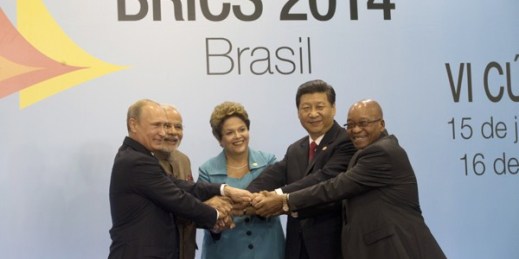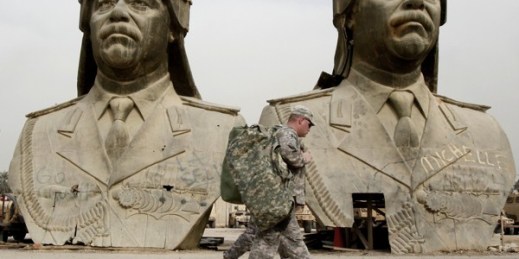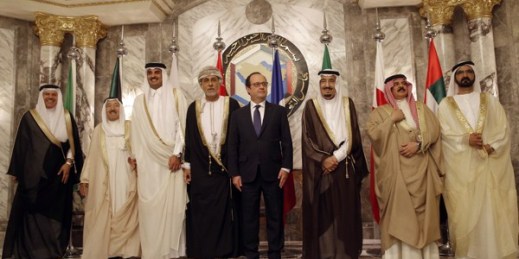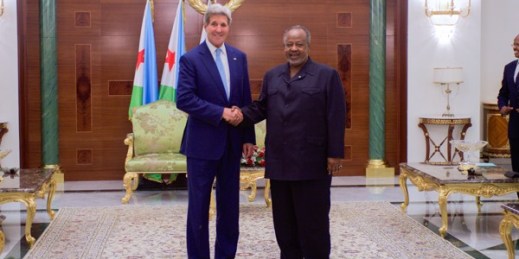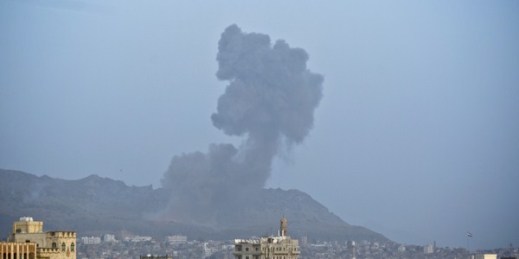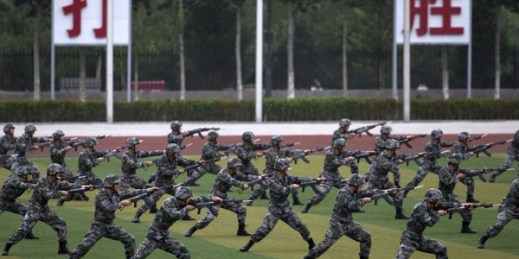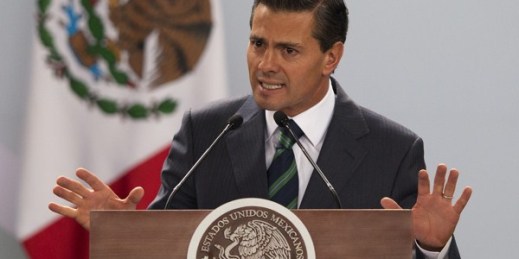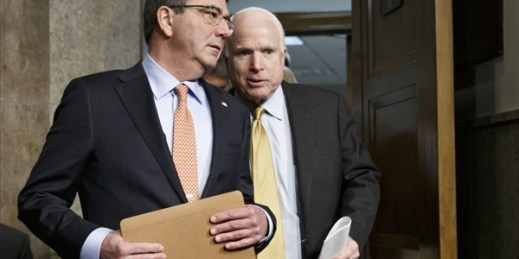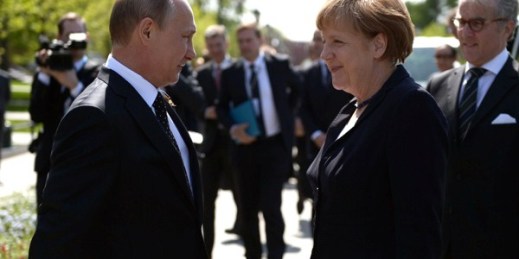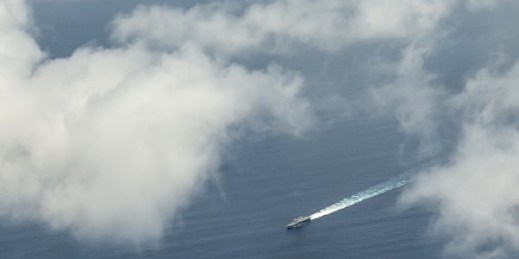
Ground zero in Ireland’s recent economic, political and social history can be traced to the night of Sept. 29, 2008. “The night of the bank guarantee,” as the Irish public came to call it, dramatically changed the country’s course. Before then, Ireland had enjoyed more than a decade of rapid economic growth, emerging from years of poverty to become one of Europe’s most dynamic economies, the so-called “Celtic Tiger.” Between 1990 and 2005, the employed population of Ireland increased from 1.1 million to 1.9 million. Gross domestic product soared, and gross national income per capita doubled between 1990 and 2000 […]

